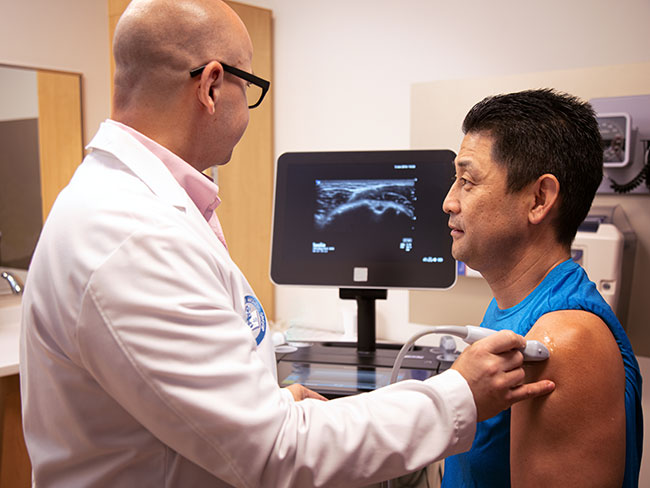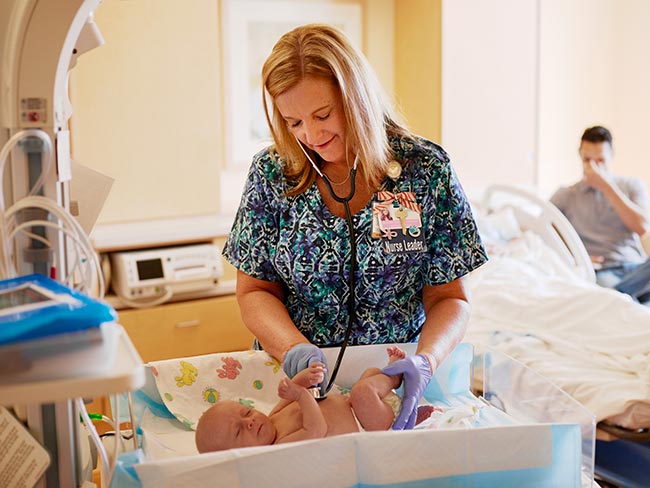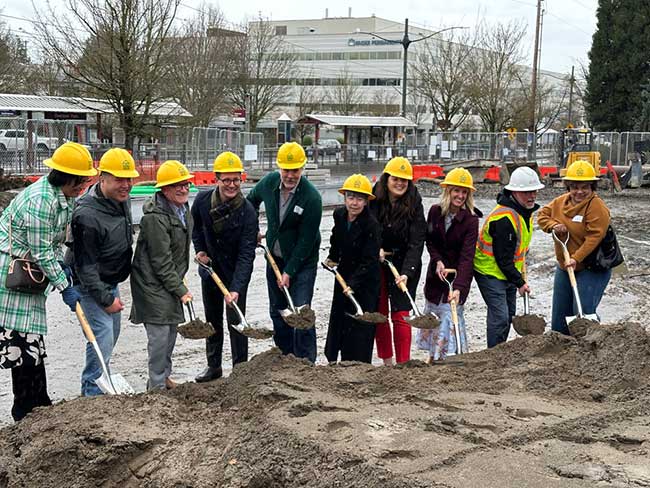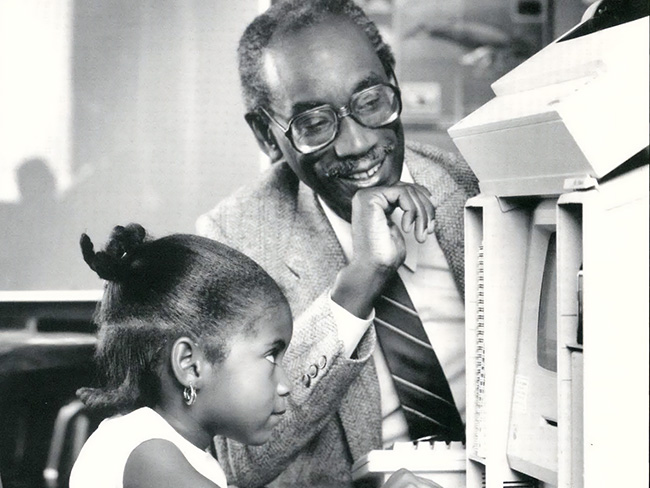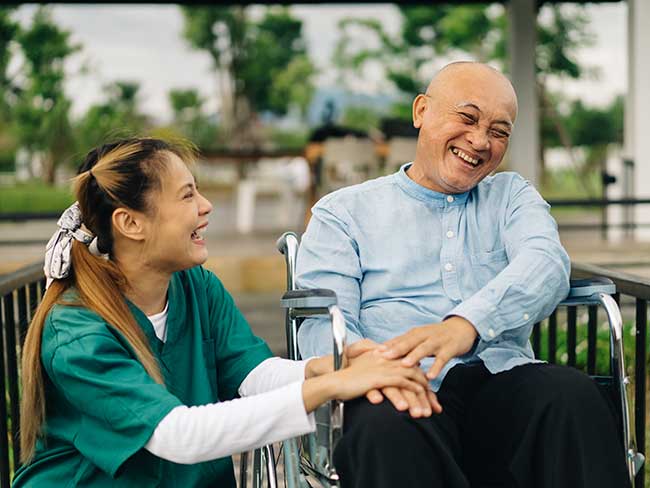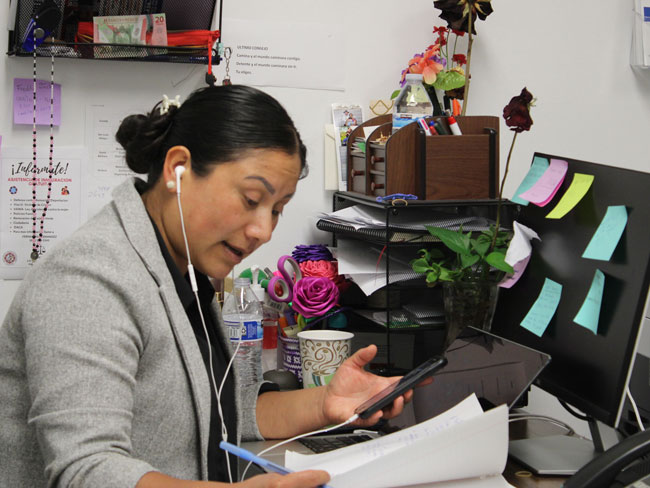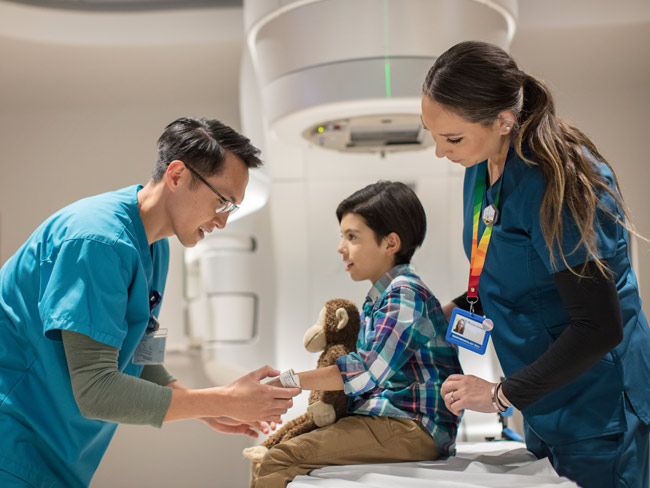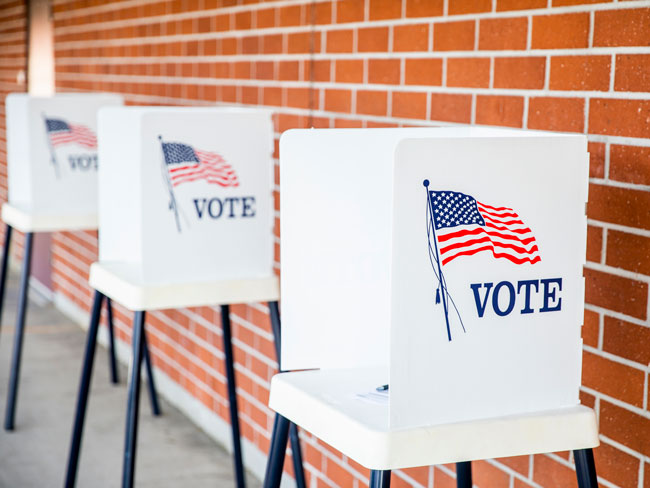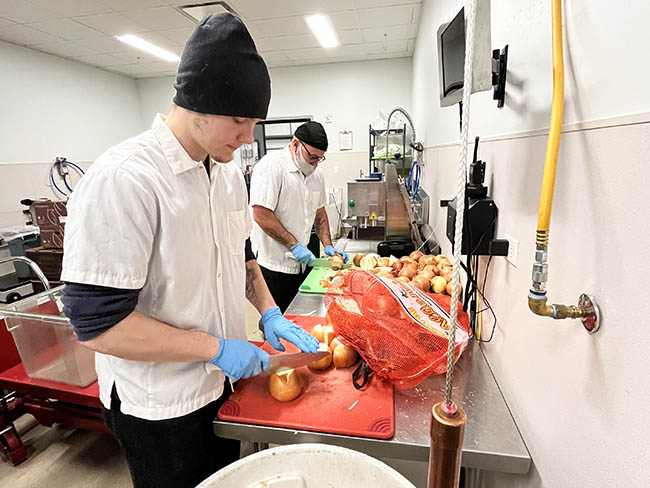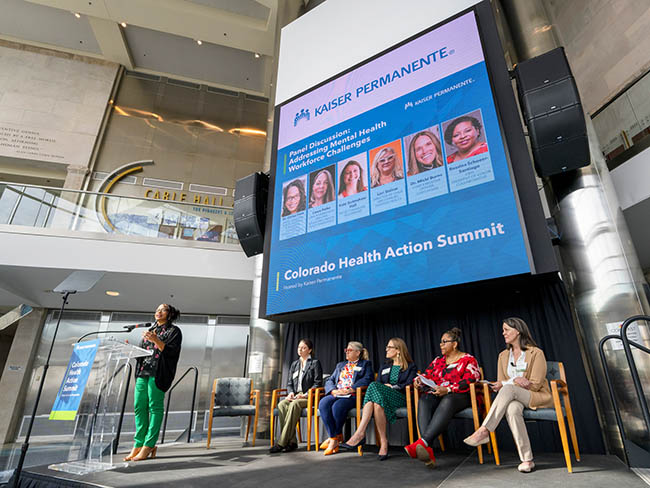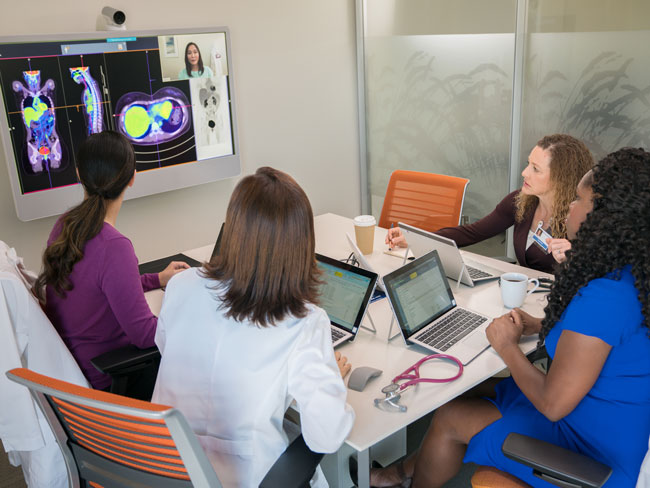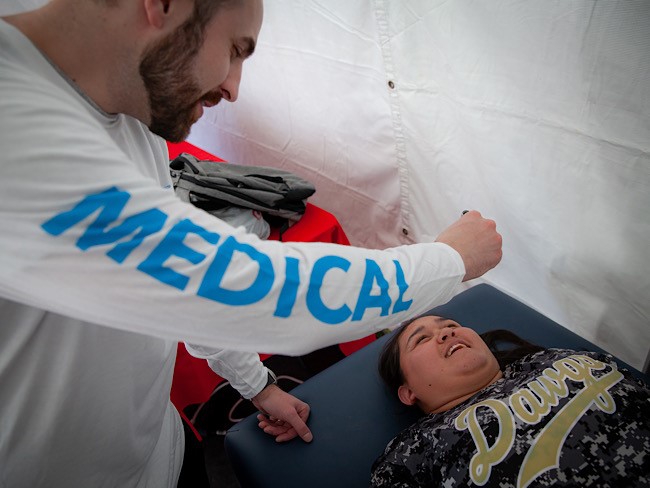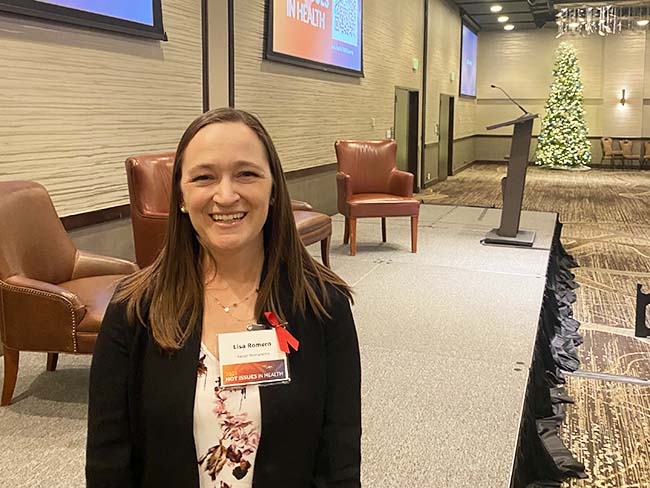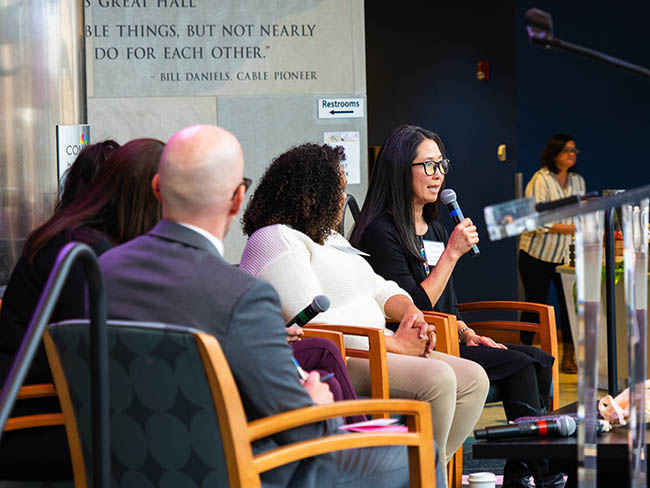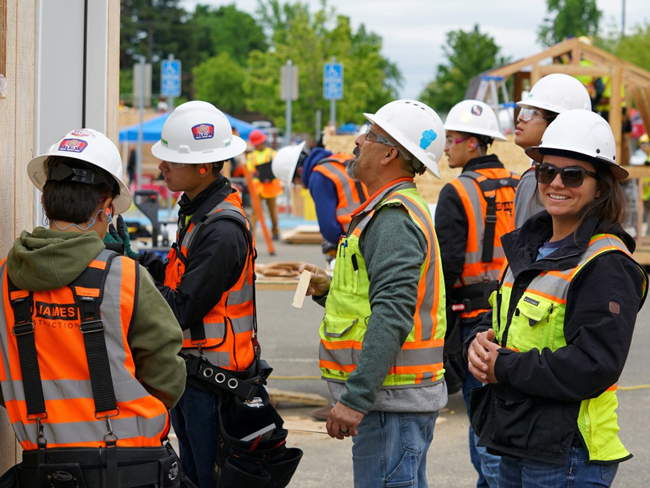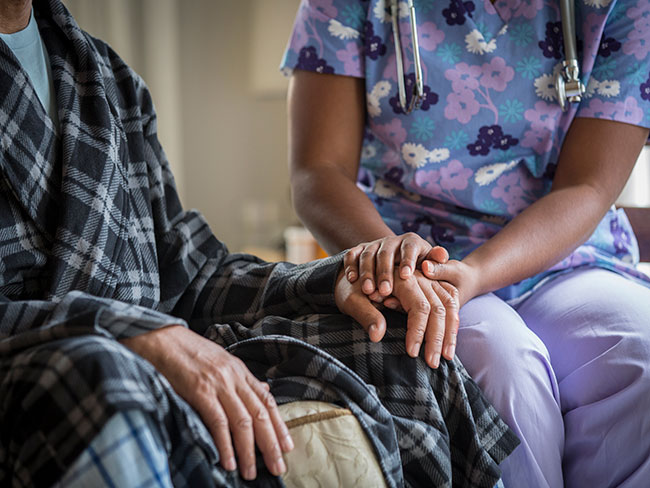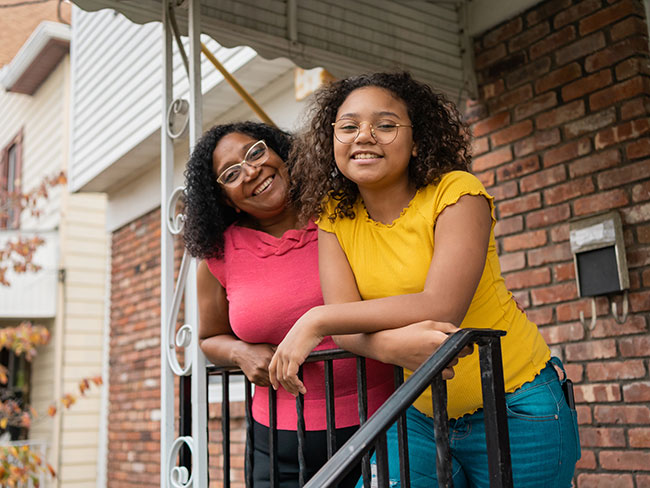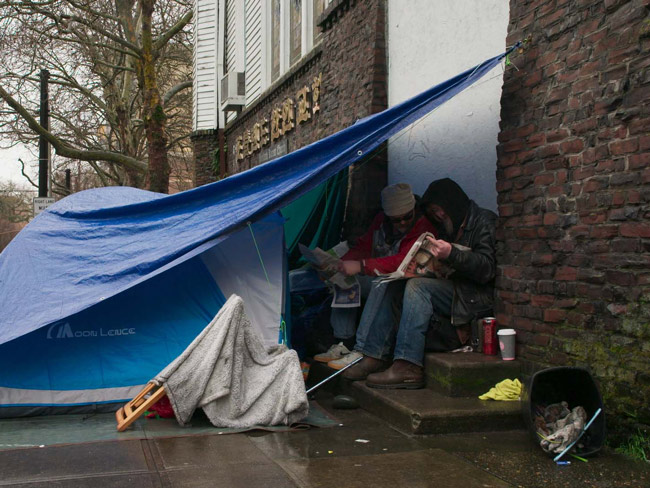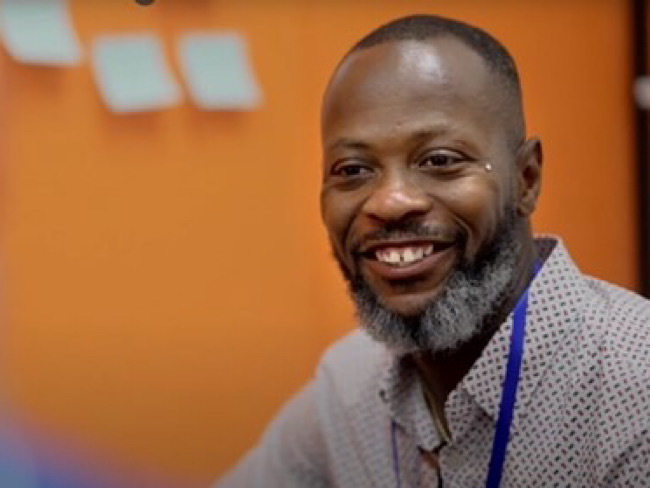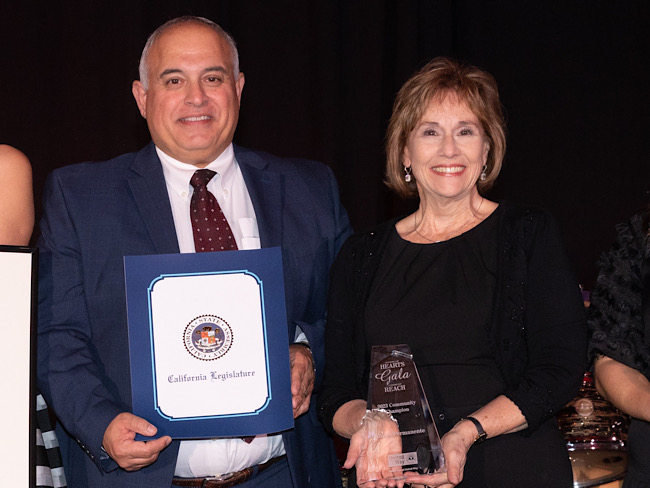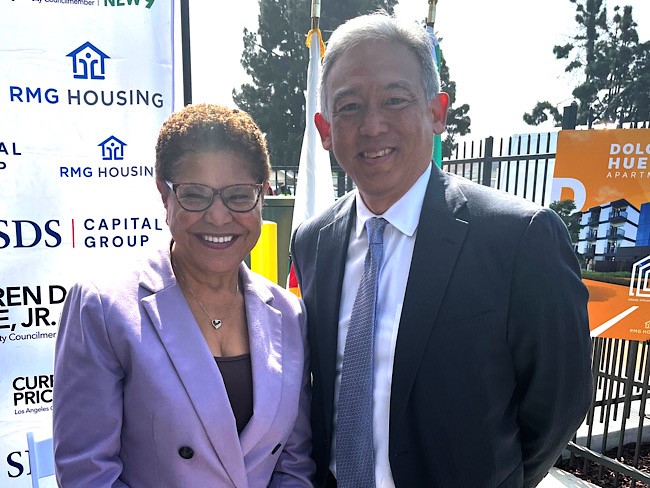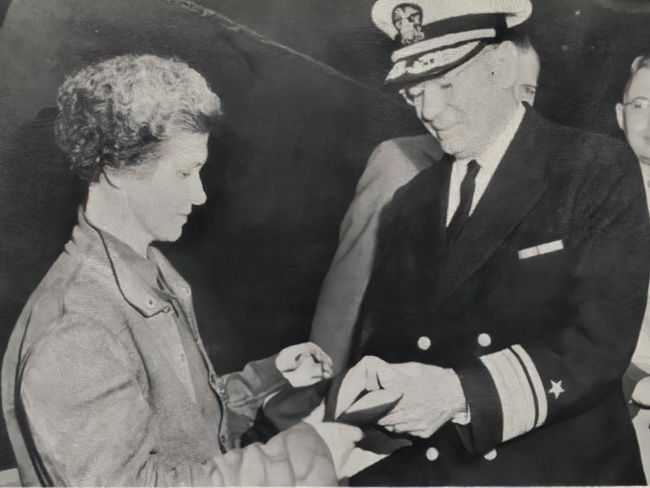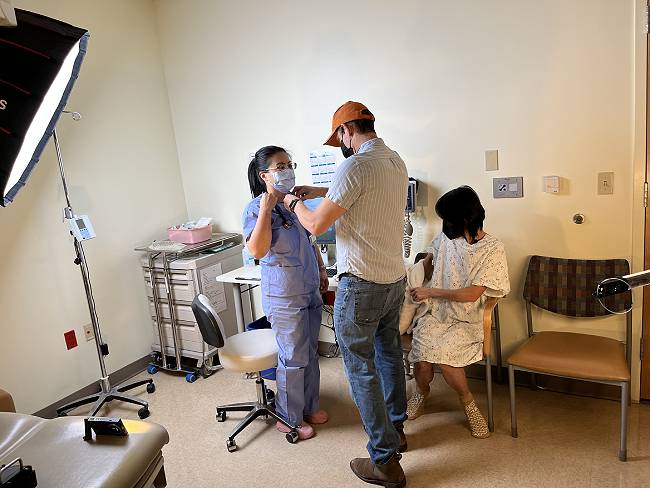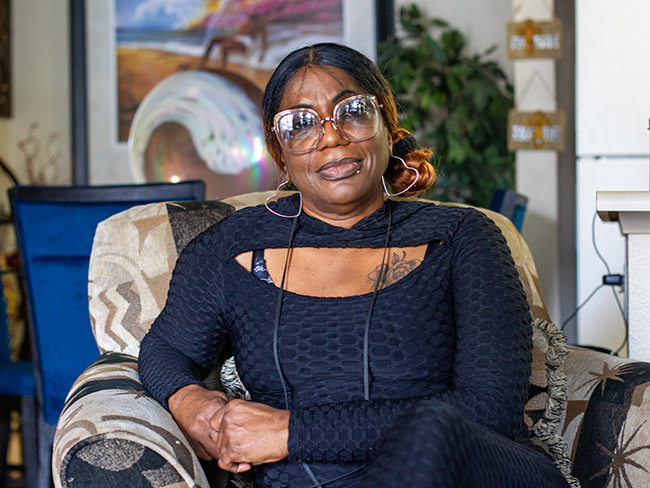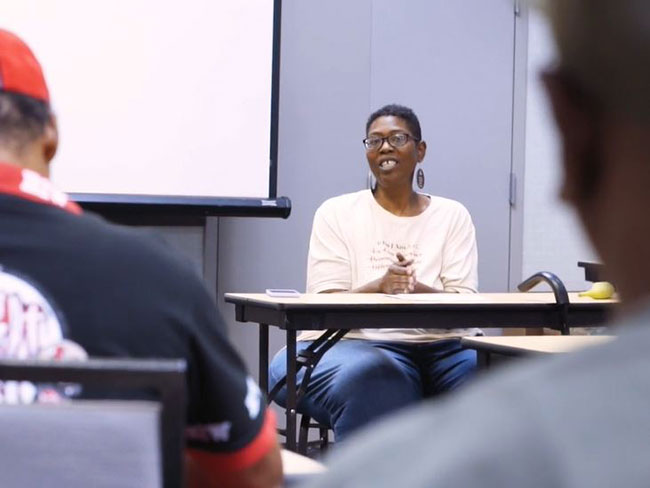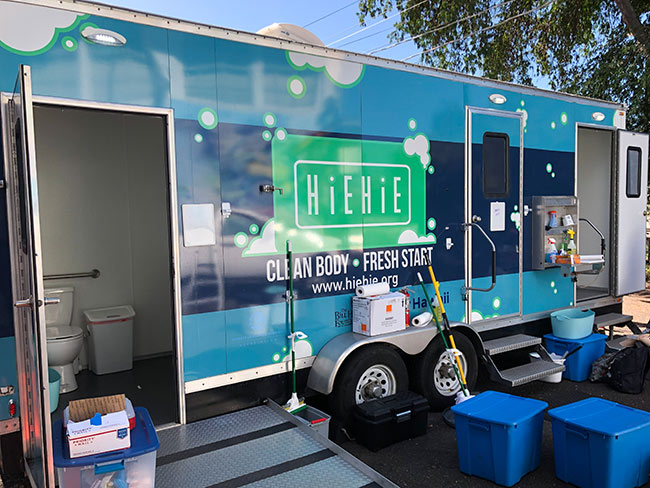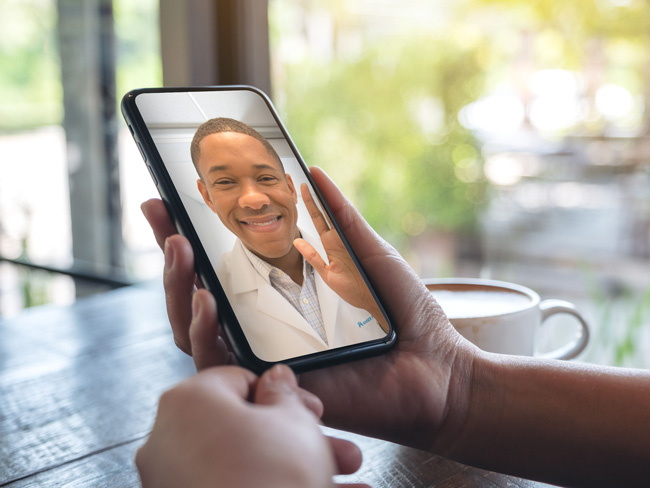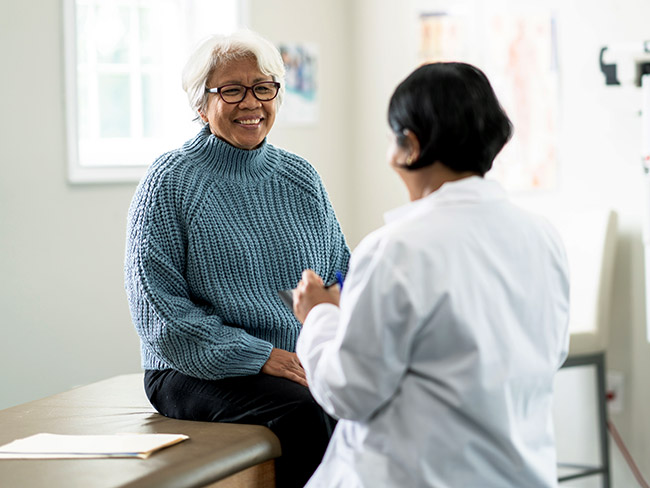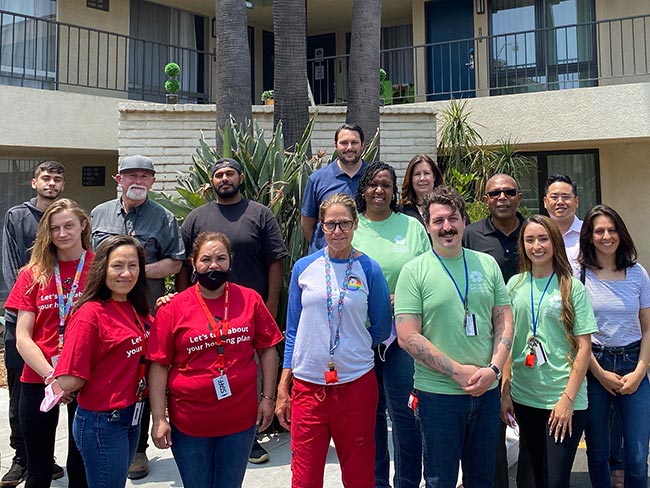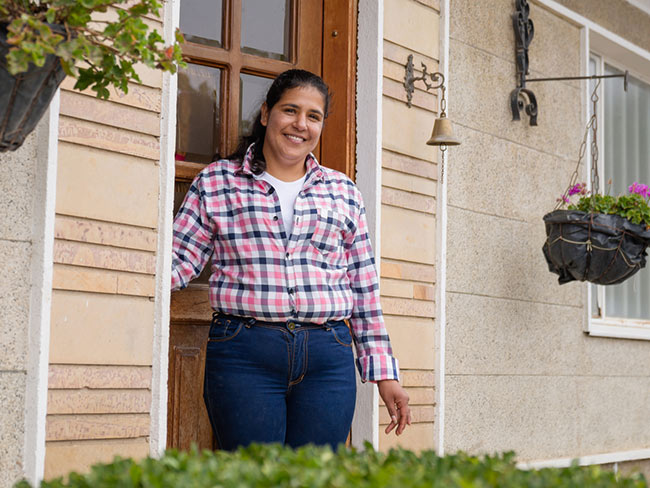Expanded gun violence prevention efforts
The next phase for the Kaiser Permanente Center for Gun Violence Research and Education includes new leadership and funding for equity-focused research.
Kaiser Permanente, the nation’s largest integrated, nonprofit health care provider, announced the next phase of work for the Kaiser Permanente Center for Gun Violence Research and Education, which is coordinated in collaboration with the Health Alliance for Violence Intervention, known as the HAVI.
Earlier in 2023, Kaiser Permanente pledged a landmark $25 million over 5 years to support its Center for Gun Violence Research and Education, in collaboration with the HAVI. The next phase of this work includes 4 major updates:
Leadership for the center
Fatimah Loren Dreier, executive director of the HAVI, was selected to serve as executive director of the center. Dreier is a nationally recognized expert in health equity and preventive public health strategies to address gun violence and trauma-informed care delivery.
Angelina Ruffin, PhD, has been named the center’s managing director. Ruffin brings nearly 2 decades of experience evaluating violence prevention strategies within government and community-based organizations and has championed the use of data to improve public policies and practices.
Formation of an advisory committee
The center has assembled an advisory committee of national gun violence prevention thought leaders, researchers, experts, and individuals with diverse backgrounds whose lives have been affected by gun violence. This committee will aim to deepen the understanding of gun violence as a public health crisis, with a specific focus on health equity; advocate for more research in communities of color; and share best practices to advance the field of gun violence prevention.
$3.2 million in funding
The center awarded $3.2 million to the following 7 researchers, 10 community-based organizations, and 3 national organizations for their pursuit of innovative approaches to gun violence intervention and prevention that engage and elevate the voices of disproportionately impacted communities.
Research scientists
- Tierra D. Burrell, MD; Kaiser Permanente Mid-Atlantic States
- Candace Hester, PhD; American Institutes for Research
- Jonathan S. Jay, DrPH, JD; Boston University
- Sean Joe, PhD; Washington University in St. Louis
- Regina Miranda, PhD; Hunter College
- Desmond Upton Patton, PhD, MSW, University of Pennsylvania
- Julie Elissa Richards, PhD, MPH; Kaiser Permanente Washington Health Research Institute
Community-based organizations
- AGILE Planning Solutions-Community Street Team; Baton Rouge, Louisiana
- The Bullet Related Injury Clinic at Power4STL; St. Louis
- Gang Rescue and Support Project (GRASP); Denver
- FORCE Detroit; Detroit
- Hartford Communities That Care; Hartford, Connecticut
- The IVYY Project at Grady Memorial Hospital; Atlanta
- Louis D. Brown Peace Institute; Dorchester, Massachusetts
- Advance Peace; Richmond, California
- Youth ALIVE!; Oakland
- Youth Empowerment for Advancement Hangout (YEAH Philly); Philadelphia
National organizations
- Big Cities Health Coalition; Takoma Park, Maryland
- Black & Brown Collective; Oakland
- Fund for a Safer Future; Washington, D.C.
Spring 2024 funding opportunity
The center is issuing a request for proposals to fund groundbreaking and equitable gun violence research, clinical care delivery studies, public education initiatives, professional development programs, and thought leadership. Applicants are invited to submit letters of intent by November 14, 2023, 12 p.m. Eastern time. Grants will be issued to recipients in 2024 in amounts ranging from $60,000 to $600,000 each, for a total of $2.5 million. To learn more, visit KPCenterforGunViolenceResearch.org.
These updates mark significant steps in the center’s work with partners to address the gun violence epidemic through research and education that is health-focused, community-led, and racially equitable.
“I am excited to help the center foster a deeper understanding of the root causes of gun violence and its disproportionate impact in Black and brown communities by investing in the work of researchers of color as well as community organizations representing those with lived experience,” said Ruffin. “This is an incredible opportunity to effect real change that not only heals communities but also disrupts the systemic disparities and structural racism that got us here in the first place.”
Gun violence is an urgent public health crisis. According to the Centers for Disease Control and Prevention, firearm injuries in the U.S. claim more than 45,000 lives each year and are the leading cause of death among children and teens. The number of people and communities affected by gun violence continues to increase each year, creating devastating short- and long-term effects on physical, mental, and emotional health, especially for communities of color, which are disproportionately impacted.
“Gun violence is a serious threat to public health, and we need a comprehensive, evidence-based approach to understand its immediate and long-term effects,” said Bechara Choucair, MD, senior vice president and chief health officer at Kaiser Permanente. “Through investments in equitable research, meaningful collaboration, and community-led solutions, Kaiser Permanente is deeply committed to addressing the gun violence epidemic and forging a safer future.”
More information on the center’s work, grant recipients, and new request for proposals is available at KPCenterforGunViolenceResearch.org.

